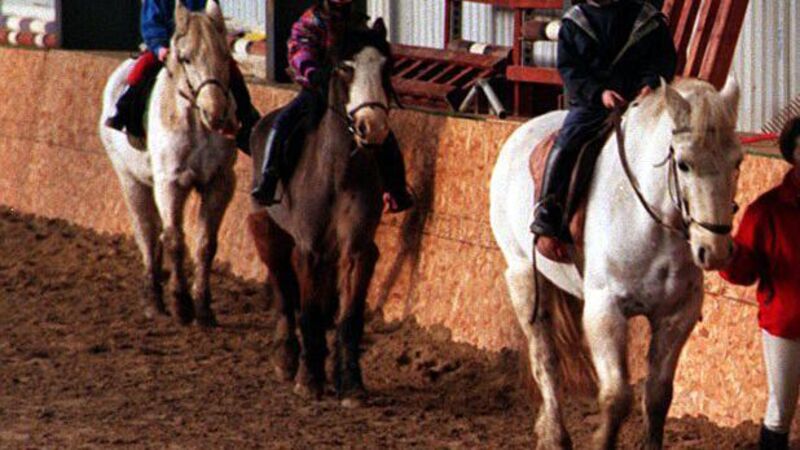Equestrian centre to pay €1k to child with autism they refused to enrol on summer camp

The WRC heard that the centre had a long history of assisting those with special needs including children who had been referred by the Autism Society. File picture
An equestrian centre has been ordered to pay compensation of €1,000 to a child who was refused acceptance to a summer camp because she had autism.
The Workplace Relations Commission ruled that the unidentified equestrian centre had discriminated against the child by failing to provide reasonable accommodation for someone with a disability.










